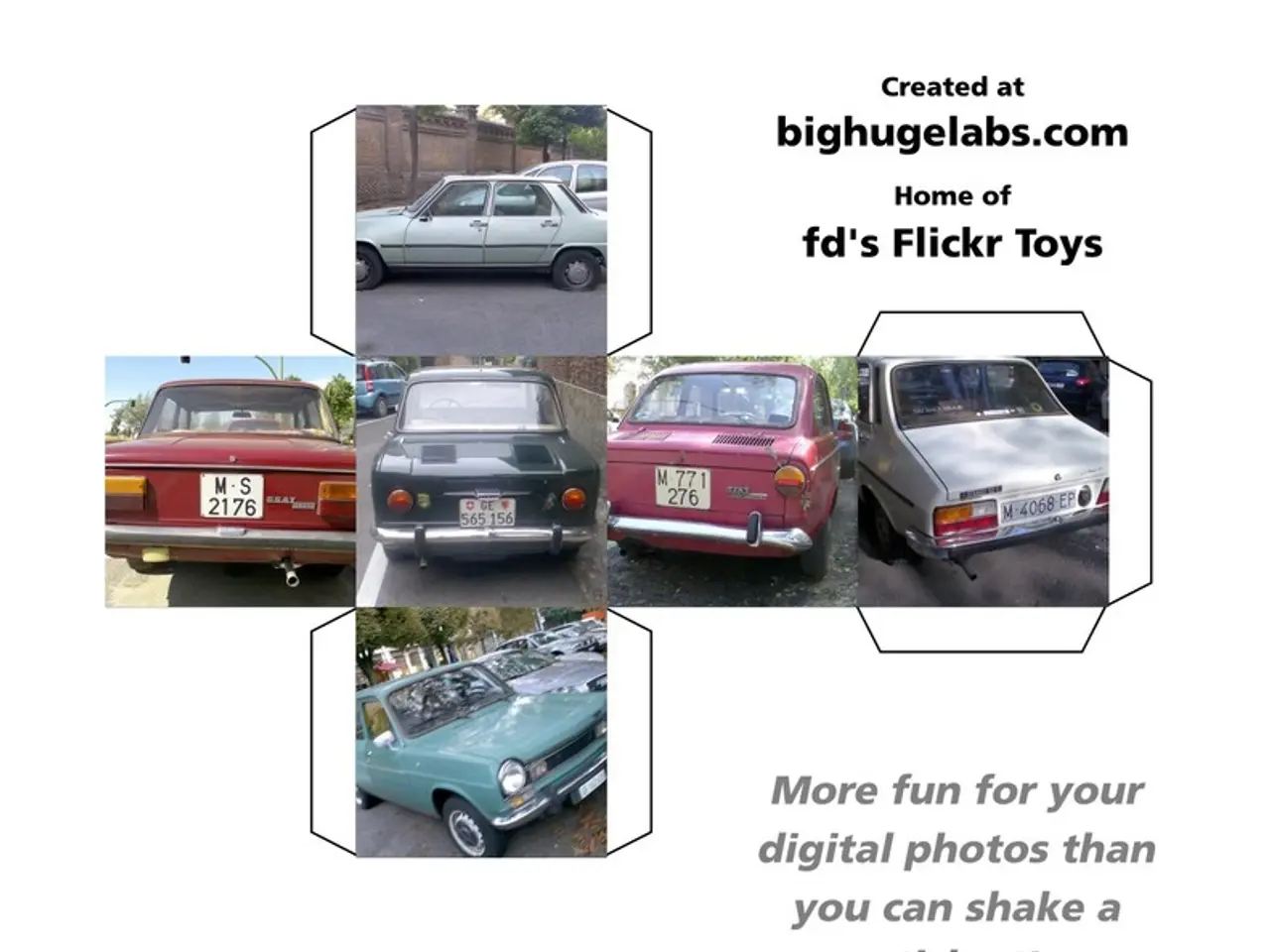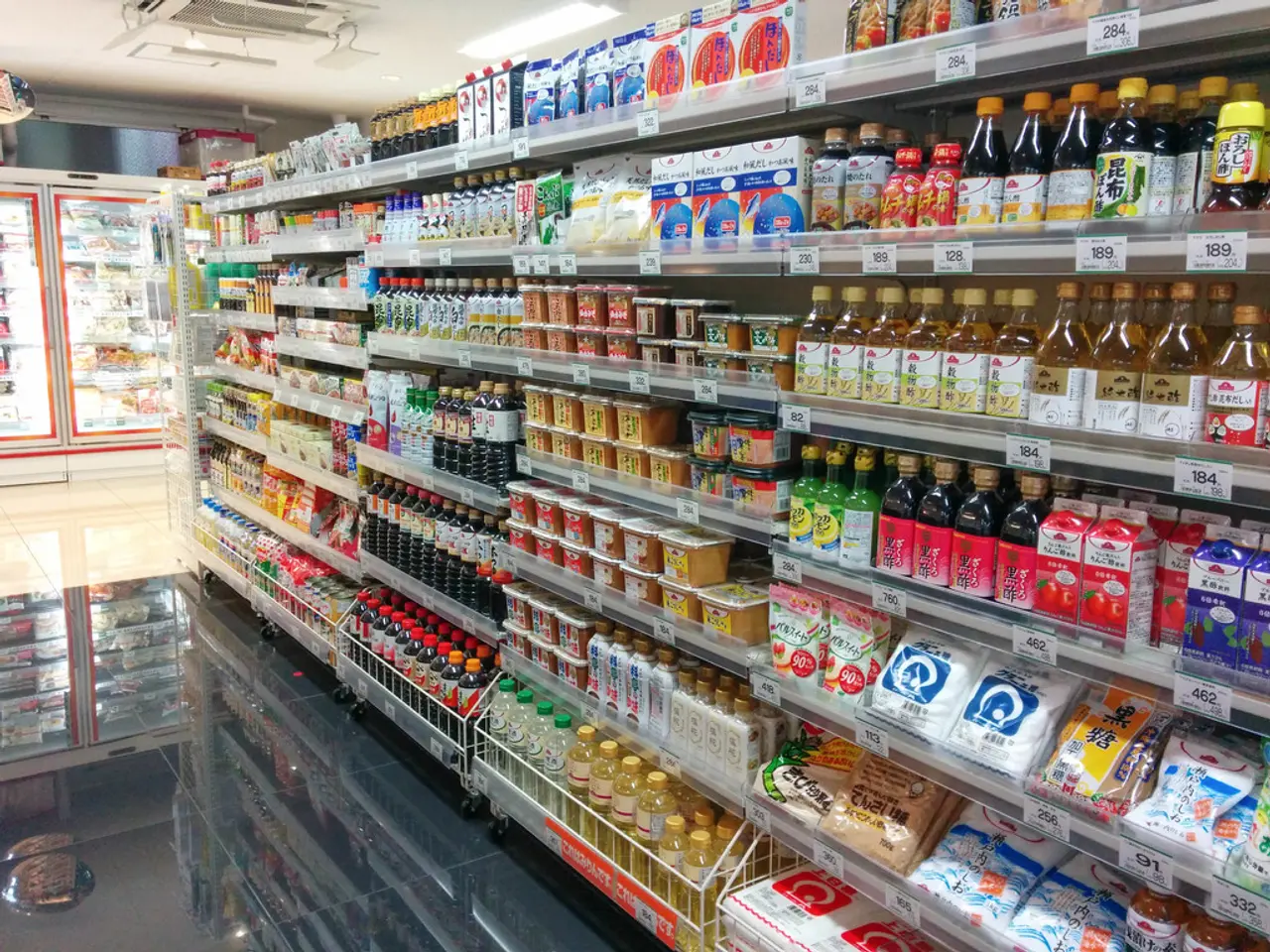"Milder Outcomes"
In the ongoing trade tensions between the U.S. and China, the trading hub of Bremen, Germany, finds itself at a crossroads. The automotive industry in Bremen, a significant contributor to the regional economy, is particularly affected by these developments.
Recent de-escalation, such as the EU-U.S. agreement capping EU auto tariffs at 15%, is likely to reduce costs and uncertainties for the automotive industry in Bremen. This de-escalation could foster economic stability and growth, as it supports exports and production. However, further escalation or reinstatement of higher tariffs, like the potential 25% on autos and auto parts, risks raising export costs, reducing competitiveness, and dampening economic growth in Germany’s automotive sector.
According to the Bundesbank, German GDP growth could be reduced by up to 1.5 percentage points by 2027 if tariffs escalate. The automotive sector, key to cities like Bremen, would be directly affected by such tariff hikes and retaliatory measures from the EU.
A study by the Hamburg Institute of International Economics (HWWI) predicts that in the de-escalation scenario, there could be a production decrease of 0.24% and an employment decrease of 0.45% for Bremen. Conversely, in the escalation scenario, the HWWI predicts a positive output increase of 1.45% and employment increase of 2.76% for Bremen, based on simulation results due to U.S. tariffs.
The reason for the positive output and employment effects in the escalation scenario is the significant price reduction for imported intermediate products from China necessary for automotive production. However, it's important to note that the HWWI does not mention any potential loss of exports for the automotive industry in Bremen.
The Bremen Chamber of Commerce anticipates a potential slight decrease in employment due to U.S. tariffs, and expects both negative impacts (slight decrease in employment, potential loss of exports) and new opportunities and ways for the EU. President André Grobien of Bremen shares this sentiment, expressing that the tariffs could open up new opportunities and ways for the EU.
It's worth noting that the HWWI study does not mention any potential new partners or markets for Bremen, contrary to earlier statements. Nevertheless, the Bremen Chamber of Commerce expects the tariffs to have initial impacts on employment and exports.
In conclusion, the trade tensions between the U.S. and China pose both challenges and opportunities for Bremen's automotive industry. While de-escalation lowers costs and trade risks, escalation imposes higher tariffs that reduce export competitiveness, increase prices, and undermine regional economic performance. As the situation evolves, it's crucial for the industry to adapt and navigate these complex trade dynamics to ensure continued economic growth and stability in Bremen.
The de-escalation in the trade tensions could lead to a decrease in production and employment in Bremen, according to the Hamburg Institute of International Economics (HWWI). However, in the event of escalation, the HWWI predicts a potential increase in production and employment due to significant price reductions for imported intermediate products from China.
The Bremen Chamber of Commerce anticipates both negative impacts (slight decrease in employment, potential loss of exports) and new opportunities and ways for the EU, as expressed by President André Grobien. Although the HWWI study does not mention any potential new partners or markets for Bremen, the Chamber of Commerce expects the tariffs to have initial impacts on employment and exports.




